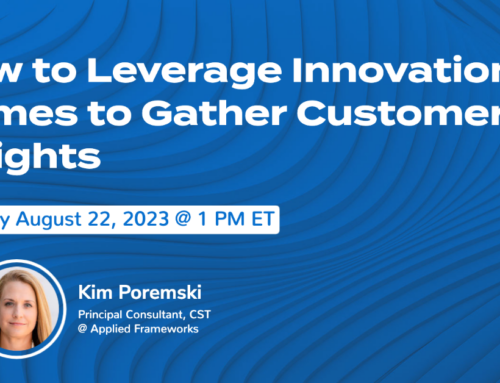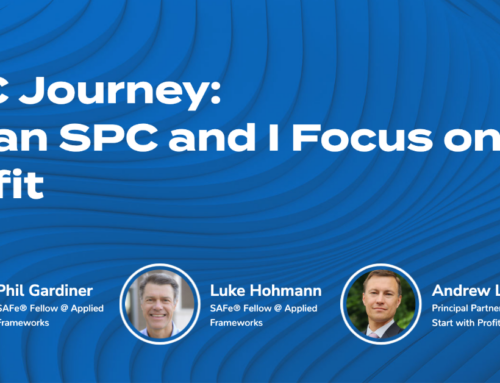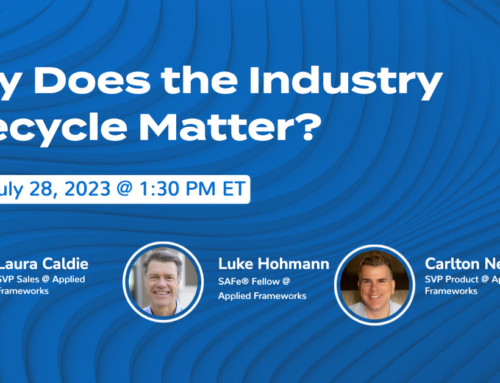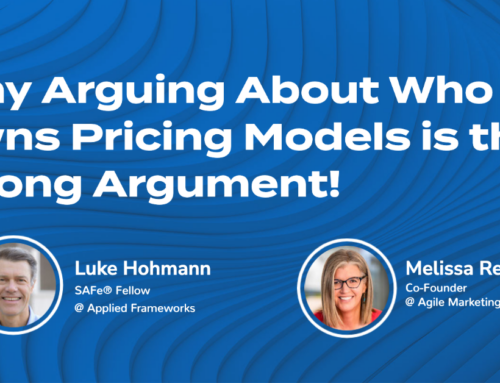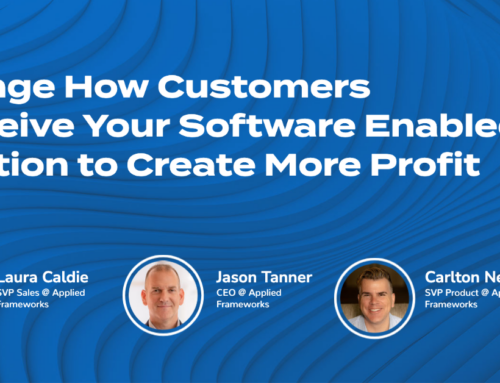At the 2019 Global Scrum Gathering Applied Frameworks introduced attendee to our Oceans of Plastics problem. The principle behind using frameworks at the Scrum Gathering was to apply the unique skills and knowledge we possess to solve challenging social problems. At the conference we engaged with hundreds of participants to come up with solutions to clean up the millions of tons of plastic waste in our oceans today, and how to reduce the amount of plastics being dumped into the oceans every year.
Following the conference, we put together a report based on the results of the collaboration frameworks used during the conference.
The main results from this study were:
- People want to “do the right thing” with respect to cleaning up plastics in our world’s oceans and reducing their own use of plastic.
- Plastic has become thoroughly embedded into our modern life, so changing habits and using alternative materials will be extremely difficult for most consumers.
- Solutions which encourage personal responsibility to use less plastic and clean-up the environment now are more popular than large-scale policy changes by government and private industry.
These findings were the outcome of three days of collaboration framework engagement with the Scrum conference attendees. On each day of the conference, we used a different framework to guide attendees along a journey that began with awareness and ended with action. Here is a short summary of the frameworks we used plus links to whitepapers describing how you can use these frameworks on your own.
- What Lies Beneath: Day #1 was about introducing the conference attendees to the problem of Oceans of Plastic and beginning the process of examining this difficult problem from multiple perspectives. This framework helped people think about any intermediate goals that would show we are on track, recognize any strengths we can apply to solving this problem and identify what impediments stand in our way. The objective of this framework was to share knowledge and to begin to develop alignment among the Scrum Alliance community members about the scope and nature of the problem.
- Pains-Gains Map: Day #2 was about exploring personal consumption of plastics and how our lives would be impacted if we all used less plastic. In this framework, we asked the conference attendees to identify how using less plastic might inconvenience them (as “pains”) and what benefits they might realize (as “gains”) if they had less plastic in their lives. Pains-Gains Map is an especially powerful framework to generate deep insights into the behavior of specific market segments, in this case, plastic consumers.
- Buy A Feature: Day #3 was about decisions and action. On the last day of the conference, we gave each participant a packet of fictitious money ($1500) and asked this question, “Which of these solutions to Oceans of Plastic would be most impactful from your perspective?” Our goal with Buy A Feature was to discover which of the solutions were compelling enough for people to put their money where their mouth was.
We can’t thank the Global Scrum Gathering participants enough for their participation. The energy and passion shown was an inspiration to us all and proved to Applied Frameworks that understanding more about this topic is worth investigating. If you want to hear about additional insights and actions around this issue be sure to check out our other Blogs where we will continue to post information about our environmental program.
Joel Bancroft-Connors, Principle Consultant
Download the full Oceans of Plastic report



